
Alcohol dependence is common, burdensome and expensive
In Germany alone, 1,6 million people are alcohol dependent. Affected individuals suffer from health issues, unemployment and social exclusion. The indirect costs for the economy are estimated to 30 billion euros. Alcohol dependence is a chronic disorder with relapse rates up to 80 percent after treatment. This points to a fundamental deficit in the current care path.
Patients need to be prepared for real life situations
One mechanism contributing to relapse is craving, which is defined as a strong urge and desire to consume alcohol. Craving is most commonly experienced in situations that remind the individual of alcohol intake. This includes the smell and sight of an alcoholic beverage and more complex sceneries such as the local pub or gatherings of social groups. To date, most therapies do not incorporate these real-life situations. Thus, after therapy most patients have not learned how to cope with situations, that make them particularly prone to relapse.
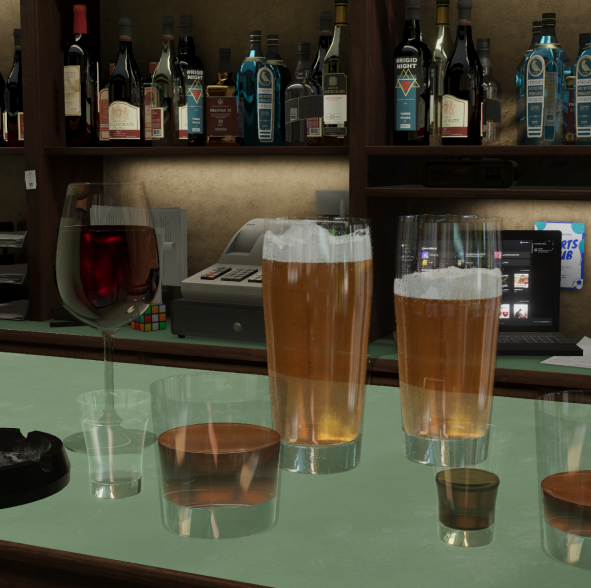
“During therapy, patients are in an artificial bubble … which prevents them from dealing with risky situations of everyday life.”
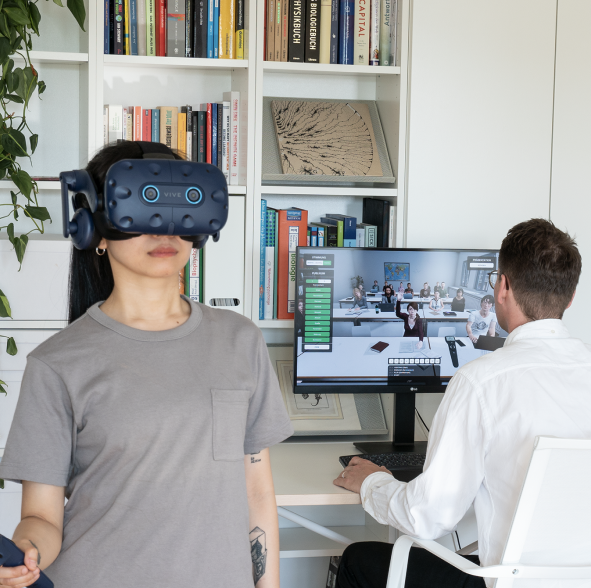
VirtuCueR uses virtual reality to reduce relapse rates
We are developing an immersive virtual reality therapy that exposes alcohol dependent patients to personalized high-risk situations. With VirtuCueR patients can acquire specific skills to overcome craving and reduce relapse risk. Patients wear a head-mounted display, that exposes them to the environments. The exposure can be controlled and adjusted by a therapist. As the treatment is easily applicable it can be administered by various professionals (e.g. social workers, psychotherapists, nurses). The treatment can be used in outpatient settings, counselling and rehabilitation centers.
“Current treatment doesn‘t prepare patients for real life. VirtuCueR is closing this gap through a highly immersive VR-Training”
The multidisciplinary VirtueCueR Team
We are a multiprofessional team consisting of psychiatrists, psychologists and scientists from Charité and a partner agency (neomento GmbH), specialized to develop virtual-reality treatments.
Clinic
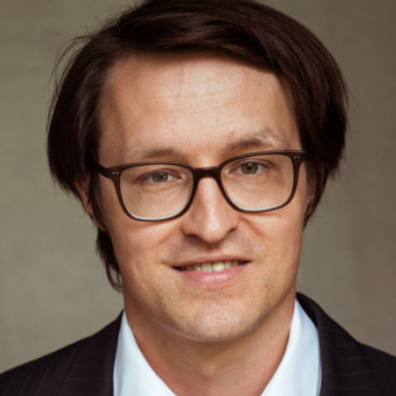
Dr. S. Gutwinski
Psychiatrist
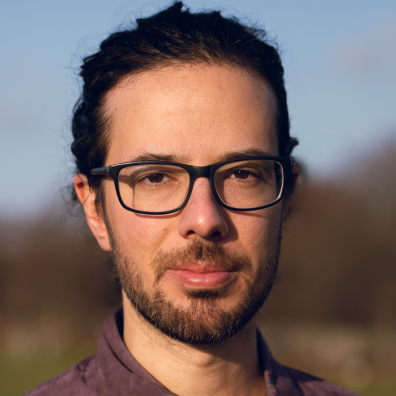
N. Tsamitros
Psychiatrist
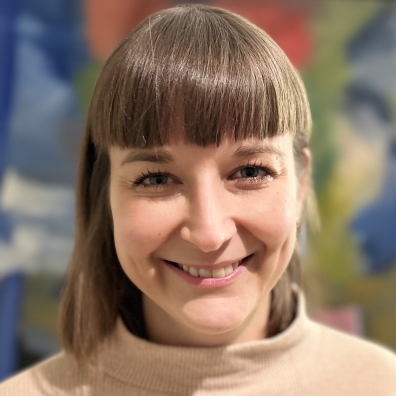
Dr. A. Bröcker
Psychotherapist
Science
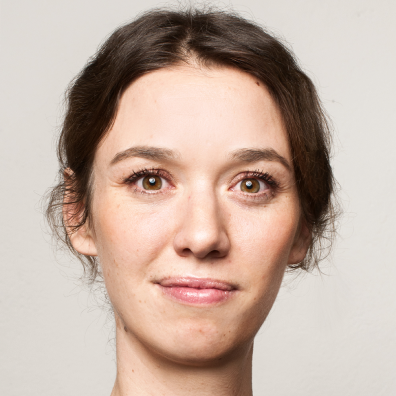
Dr. Sebold
Psychologist
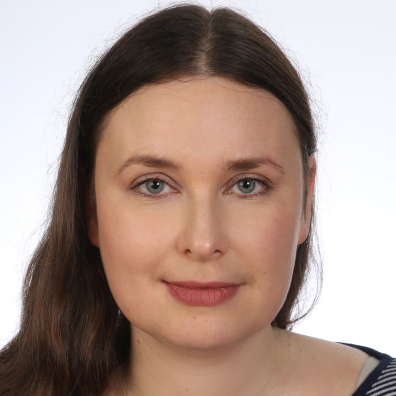
Prof. A. Beck
HMU Potsdam
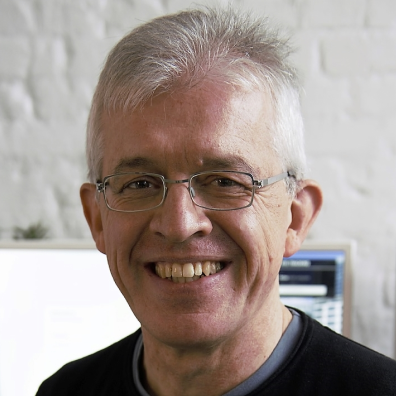
Prof. T. Wolbers
Psychologist
VR
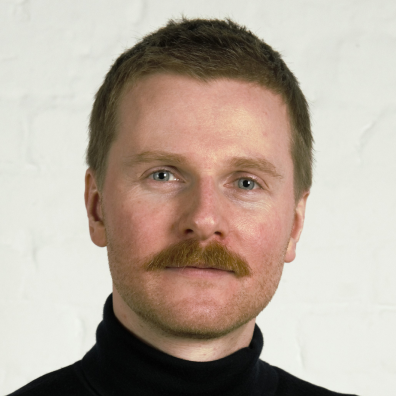
P. Stepnicka
VR-T-Designer
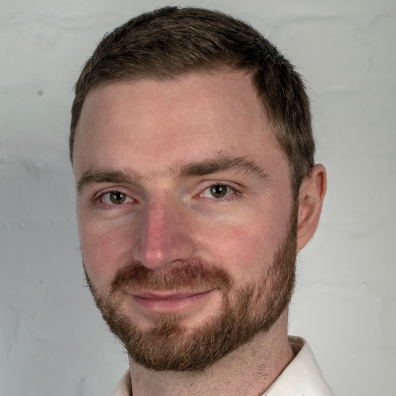
Dr. Streck
VR-Programmer
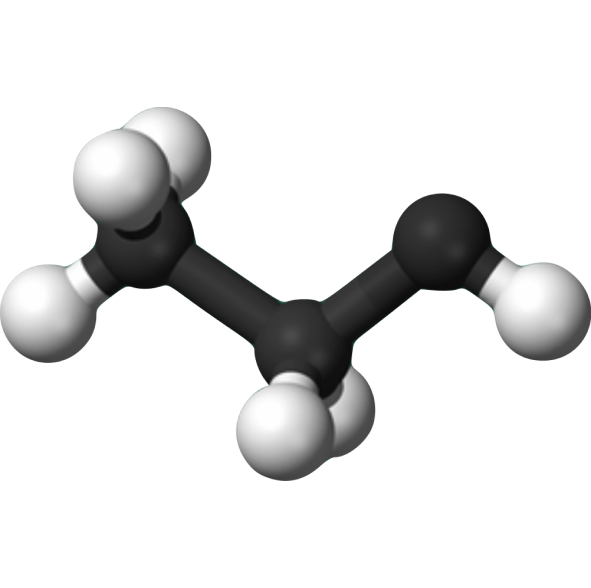
What we are looking for
- Cooperations with outpatient clinics, counselling and rehabilitation centers
- National and international clinical partners to further develop and test VirtuCueR in clinical trials
- Additional team members with scientific or clinical expertise for AUD treatment or VR-T
